Frequently Asked Questions
Estate Planning
Estate planning is the process of getting your estate assets in order and establishing a plan to bequest those assets to particular individuals known as beneficiaries. Estate planning consists of putting together estate planning documents such as a will or a trust to carry out your objectives/intent.
One of the main reasons you want to establish an estate plan is to avoid the probate court process. The probate court process is a lengthy and costly process where the personal representative of your estate would have to administer your estate under court supervision and according to the court's timeline. This process is public and your estate planning documents become public through the probate court. Establishing a trust and funding the trust can avoid probate court, the costs involved, and the headaches that come with it. It is also important to establish an estate plan to ensure that your intent is carried out and your assets are protected and/or given to the beneficiaries you want them to go to. Also, if you do not have estate planning documents, your assets get divided according to the laws of the state that you live in. This means that state law will dictate who gets what of your assets and how much they get, through the probate court process. Overall, estate plans carry out your goals and structure the way you want your assets distributed. They also provide tax advantages, flexibility, privacy, and trust-based estate plans can be administered without probate court supervision.
Your estate is simply everything that you own which includes the following:
- Any real property such as your residence
- Any businesses or interests in those businesses
- Bank accounts
- Stocks, bonds, and mutual funds
- Life insurance policies
- Personal property including vehicles, boats, etc.
A will does not avoid probate court and is less flexible than a trust. Although a will is typically less costly than a trust to draft, it may be more costly to have a will as your controlling estate planning document because your personal representative would have to admit your will to the applicable probate court. That means that your personal representative will likely have to hire a lawyer to help with the process, which can be lengthy and includes court fees. Trusts are more advantageous than wills in several regards. Trusts are private documents and do not need to be registered. They can be administered privately. Trusts are flexible in that you can choose to give your beneficiaries the assets of your estate either outright after you pass away, at certain age intervals (i.e. 25% at age 25, 25% at age 30 and the remaining at age 35), or keep the assets in a lifetime trust to protect the beneficiaries against their current or future creditors. There are many more advantages to having a trust than a will.
An ideal estate plan should at the very least consist of the following documents: a trust; a pour-over will; a durable power of attorney for health care (also known as a patient advocate designation); and a durable power of attorney for finances. There are other ancillary documents such as a funeral representative document, assignments of business interests, a certificate of trust, and more that should also be included in your estate planning portfolio.
If you are looking for a cost-effective approach to estate planning that is cheaper than a trust and avoids probate court upon your passing, a lady bird deed may be that alternative but only in specific situations. Lady bird deeds are effective and often used only if your main valuable asset is a home, you may not want to pay for a trust, you have adult children, and you want your family to avoid probate court upon your passing. This special deed gives your beneficiaries tax advantages upon your passing, and more importantly, allows you to keep control over your home throughout your lifetime; but once you pass away it automatically gets transferred to your beneficiary, unlike when you pass away without having lady bird deed language in your typical warranty or quitclaim deed, which would typically have your family go through probate court to transfer it out of your name after your passing. Lady bird deeds are not flexible though, and may not offer benefits that a trust and will do but they are useful in certain situations. Lady bird deeds are also used in Medicaid planning where you can avoid Medicaid Estate Recovery upon your passing so that Medicaid cannot come after your home after you pass away for providing you with long-term care services during your lifetime.
A lady bird deed is a deed that changes the title of your real estate. Although you maintain full control of your property, the language of your deed changes significantly. An attorney should advise you with these types of deeds.
